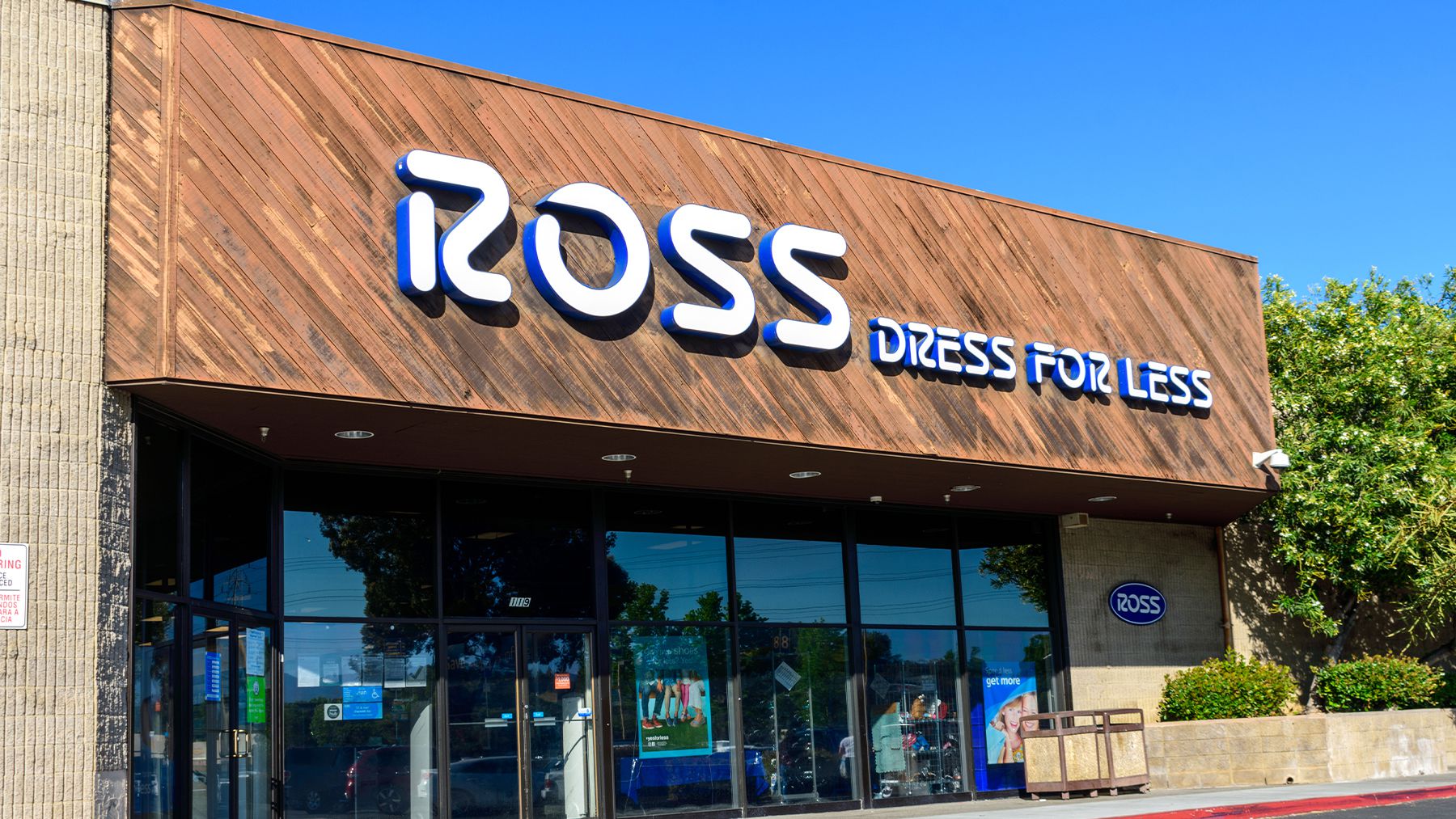
Shares of Ross Stores Inc. fell sharply in extended New York trading after the discount retailer cut its outlook for profit and sales.
Ross said it sees the key retail metric of comparable sales falling 2 percent to 4 percent for the year, versus previous guidance of unchanged to a gain of as much as 3 percent. It also trimmed its forecast for earnings per share.
The Dublin, California-based retailer’s shares tumbled 22 percent to $71.80 at 6:16 p.m. in New York after the close of regular trading. The stock had dropped 19 percent so far in 2022 through Thursday’s close.
The results spell out how quickly the panorama is shifting as accelerating inflation eats into consumers’ purchasing power and erodes companies’ profits. Ross’s outlook downgrade follows similar moves this week by Kohl’s Corp., Target Corp. and Walmart Inc. The moves in rapid succession suggest that the consumption boom of the pandemic period is quickly losing steam.
In a statement, Ross chief executive officer Barbara Rentler said the Russia-Ukraine conflict has exacerbated inflation, while the lapping of stimulus payments a year earlier also hurt performance. Rentler said uncertainty around economic conditions and geopolitics made “prudent to adopt a more conservative outlook for the balance of the year.”
On a call with investors, chief operating officer Michael Hartshorn said the quarter started strong before weakening as some customers pulled back. “Discretionary spending for the lower-end customer is being squeezed,” he said.
Rentler said that Ross “strategically increased prices” but didn’t lift them across the board. As a discount retailer, Ross seeks to maintain a discount versus traditional retailers.
Operating margin in the period was 10.8 percent, down from 14.2 percent a year earlier, with the company citing higher freight and wage expenses.
By Jonathan Roeder
Learn more:
Why Fashion Can’t Escape the Discount Cycle
Last year, American retailers seemed to have broken their habit of relying on deep promotions, thanks to limited inventory and pent-up demand. These beneficial circumstances, experts say, may be disappearing in 2022.



